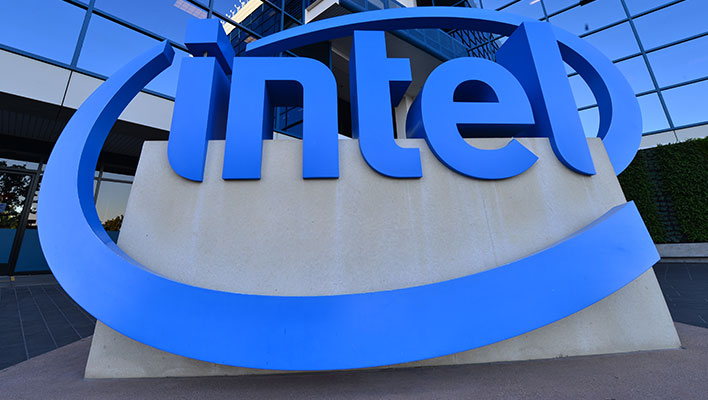There's been a lot of moving and shaking in the silicon space over the past couple of weeks, the latest of which is Intel announcing it has agreed to acquired Tower Semiconductor for $53 per share in cash, which values the deal at approximately $5.4 billion. The hefty investment plays right into
Intel's IDM 2.0 strategy to "address unprecedented demand" for semiconductors of all shapes and sizes.
Since taking over as CEO, Pat Gelsinger has been hyper-focused on revitalizing Intel's Foundry Services (IFS). Dr. Randhir Thakur was put in charge of the day-to-day tasks of that mission and answers directly to Gelsinger. More broadly, Intel continues to invest billions of dollars to advance its manufacturing capabilities, capacity, and innovation.
This latest acquisition follows a spattering of other moves, including the initial investment of $20 billion into a
chip mega-site in Ohio (which could balloon to $120 million before all is said and done), a
$1 billion innovation fund to drive RISC-V adoption, and the creation of a new Accelerated Computing Systems and Graphics Group as Intel makes a bold play in blockchain starting with its first
Bitcoin mining accelerators.
"Tower’s specialty technology portfolio, geographic reach, deep customer relationships and services-first operations will help scale Intel’s foundry services and advance our goal of becoming a major provider of foundry capacity globally," said Pat Gelsinger, Intel CEO. "This deal will enable Intel to offer a compelling breadth of leading-edge nodes and differentiated specialty technologies on mature nodes—unlocking new opportunities for existing and future customers in an era of unprecedented demand for semiconductors."
That specialty technology portfolio Gelsinger references consists of things like radio frequency (RF); power, silicon-gemanium (SiGe), and industrial sensors; extensive IP and electronics design automation (EDA) partnerships; and and an established foundry footprint. Tower owns and operates facilities in the US and Asia where it cranks out semiconductors for fabless companies.
When finalized, this acquisition will instantly increase Intel's chip capacity by more than 2 million wafers per year. That said, most of Tower manufacturers are logic chips that Intel does not currently build itself, which is to say this won't suddenly free up capacity to crank out more CPUs and things of the sort. However, it does expands Intel's footprint in fabs based on mature nodes ranging from 1000nm to 65nm.
"We are thrilled to welcome the Tower team to Intel. Their decades of foundry experience, deep customer relationships and technology offerings will accelerate the growth of Intel Foundry Services," Dr. Thakur said in a statement. "We are building Intel Foundry Services to be a customer-first technology innovator with the broadest range of IP, services and capacity. Tower and IFS together will provide a broad portfolio of foundry solutions at global scale to enable our customers’ ambitions."
Intel expects to
close the deal in 12 months pending regulatory approvals and customary closing conditions, including the approval of Tower's shareholders.

